Paleopoetics
paleopoetics
THE EVOLUTION OF THE PRELITERATE IMAGINATION
Christopher Collins
Columbia University Press  New York
New York
Columbia University Press
Publishers Since 1893
New York Chichester, West Sussex
cup.columbia.edu
Copyright 2013 Columbia University Press
All rights reserved
E-ISBN 978-0-231-53102-3
Library of Congress Cataloging-in-Publication Data
Collins, Christopher.
Paleopoetics : the evolution of the preliterate imagination / Christopher Collins.
p. cm.
Includes bibliographical references and index.
ISBN 978-0-231-16092-6 (cloth : acid-free paper)ISBN 978-0-231-53102-3 (ebook)
1. PoetryPsychological aspects. 2. Science and literature. 3. Cognition in literature. 4. PoeticsHistoryTo 1500. 5. Discourse analysis, Literary. 6. Imagination in literature. I. Title.
PN1083.S43C65 2013
809.19356dc23
2012029370
A Columbia University Press E-book.
CUP would be pleased to hear about your reading experience with this e-book at .
COVER PHOTO: Mariano Cecowski
COVER DESIGN: Martin N. Hinze
References to Internet Web sites (URLs) were accurate at the time of writing. Neither the author nor Columbia University Press is responsible for URLs that may have expired or changed since the manuscript was prepared.
To the Ancestors,
all of them,
all the way back.
Contents
The reader, it seems to me, is entitled to some explanation as to what in the world prompted the writing of a book like this, a book that claims to account for the prehistoric origins of literature. With that in mind, I will say a few words about the personal genesis of this unconventional project.
At some point in my mid-twenties it occurred to me that I would never be a great poet, probably not even a good poet. Yet writing a poem was still so magical an experience that I never wanted to give that up. And perhaps (I said to myself) I didnt have to give up that experience, that exultant high. Perhaps I simply needed to find a way to enter more intensely into the poetry of others. If I were to do so, however, I knew I had to lay aside much of what I had learned from my teachers, whose New Critical thou-shalt-notsin particular, the affective fallacyhad ruled out as irrelevant the very thing I most valued, the readers experience of the text.
I was only too happy to lay aside those dogmas, but I was already teaching college classes and finding myself engaged in those old routines of close reading and textual interpretation. How could I communicate my conviction that poems, short stories, and novels permit readers to participate in the writers mind-altering process of creation and are therefore themselves a teachable art, if all I did was explicate phrases and clauses? At that time, though, I was confronting the experience of literature both from the perspective of the reader and of the writer, since, at New York University, I was teaching courses in British and American literature and conducting poetry writing workshops. These two artistic activities, I hoped, might in some way be reconciled.
My first book, The Act of Poetry (Random House, 1970), tried to do just that. Here the common ground I staked out for reader and writer was memory: a writer arranges fragments of recollected events into a structure that readers use as though it represented their own remembered past. So, as readers, we dont read a piece of literatureit reads usand this reading, like writing, is an act, not some written commentary on that event. Since ones memory is imprinted with sense experience, I could divide the book into chapters on visual, auditory, and motor/proprioceptive representations and thereby fit in all the basics: visual imagery (simile, metaphor, metonymy, personification, etc.), auditory effects (sound values, rhyme, etc.), and motor effects (rhythm, meter, line, stanza, etc.). My understanding of psychology then, I must confess, was rudimentary. As for my literary-theoretical position, it was antiNew Critical in all respects but one: I did believe that literary texts were single, unified structures, or at least became so in the mind of the reader. My heterodox views Id absorbed partly from reading Blake, Whitman, and the Beats, partly from reading I. A. Richards, Gaston Bachelard, and Georges Poulet. When, later in the 1970s, I encountered Viktor Shklovsky, Louise Rosenblatt, Roman Ingarden, Roman Jakobson, Wolfgang Iser, and Michael Riffaterre, I discovered that what The Act of Poetry had been doing was Reader-Response theory.
Even before the Reader-Response movement began to lose steam at the onset of poststructuralism, it seemed to me to have made its separate peace with old-school literary interpretation. Instead of striving to identify the connections between stylistic features and mental events, it seemed now satisfied polling focus groups of readers and tabulating their interpretive choices. Some, like Norman Holland, then fed their results through a psychoanalytical filtering machine to analyze readers preconceptions. Others, following the lead of Hans-Robert Jauss, concerned themselves with the variables that had determined the historical reception of given literary texts. Yet others, like Stanley Fish, attributed readers interpretations to the influence of authoritative institutions. The questions they asked were often interesting, but they just werent the questions I was interested in asking.
Then, in the late 1970s I became aware of a new kind of psychology. Having broken loose from the behaviorist establishment, it had devised experimental strategies that allowed researchers to draw inferences concerning what really goes on inside the black box, the brain as the generator of consciousness. Consciousness, it seemed, had been a topic as taboo to behaviorism as a readers thoughts and feelings had been to New Criticism. I learned that researchers, some of them, such as Robert Holt and George Sperling, working at NYU, were formulating what they called Cognitive Psychology.
I soon found myself reading more papers on this new psychology than on literary studiesI remember once admitting to George Sperling that Id become more familiar with his writings than with those of any of my English Department colleagues. At that time I was also drawn to the psychological writings of Endel Tulving, James J. Gibson, and Allan Paivio. Reading their papers, I found experiments that were clear and conclusions that seemed to promise answers to some of the oldest, most fundamental, and most perplexing questions in my field: What does fictive discourse do? How does verbally cued imagination work? What are the structures of memory and how do these relate to the structures of narrative? How are mood, feeling, and emotion generated in the reading of literature? The beauty of it all was that the scientists whose work seemed to be offering solutions to these literary conundrums were not literary theorists and, so, had blessedly no allegiance to this or that aesthetic school or interpretive community.
In the early 1980s I participated in two NYU faculty colloquia. One, called the Colloquium on Consciousness and the Brain, met twice monthly at the NYU Medical Center. It was chaired by Rodolfo Llins and drew psychologists from the Washington Square campus, among whom I remember the young Tony Movshon. When after a year or so this colloquium adjourned for the last time, I convened one of my own and, joining with Paul Vitz of the Psychology Department, scheduled a series of talks and discussions on the relation of psychology to the arts. Named the Psychoaesthetics Colloquium, it survived almost three years before it succumbed to the sort of malaise that too often besets such cross-disciplinary endeavors. Though interested and curious, participants from the humanities (e.g., literature, music, and the visual arts) and those from the various psychological subfields (e.g., cognitive, physiological, and educational psychology) were generally unready to assume another disciplinary perspective and learn to use its language. They were willing to showcase their findings but seemed reluctant to consider incorporating cross-disciplinary insights into their own ongoing research.
Next page
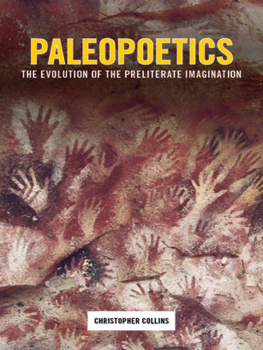


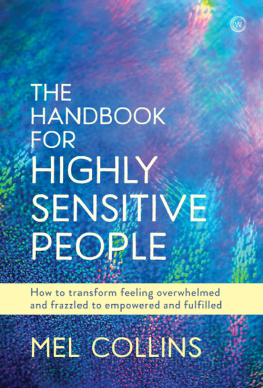
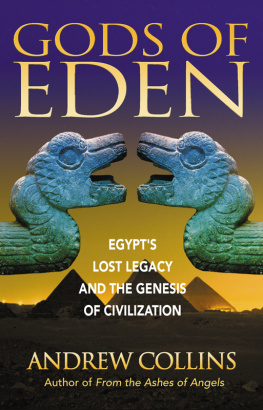
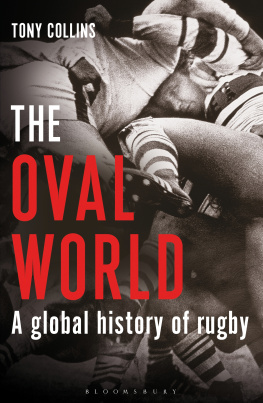

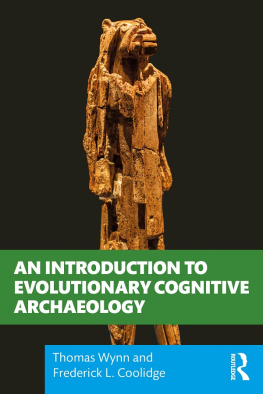
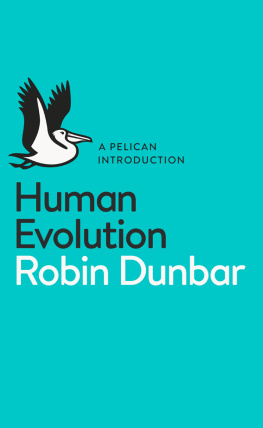
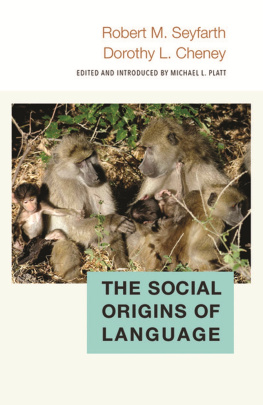
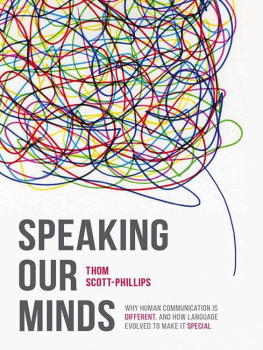
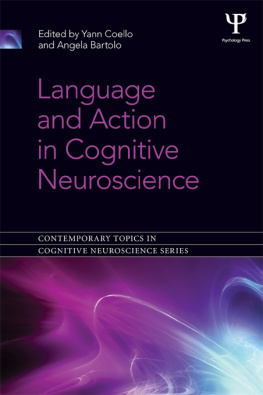
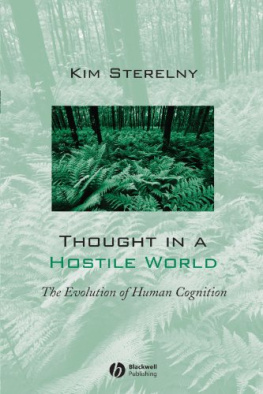
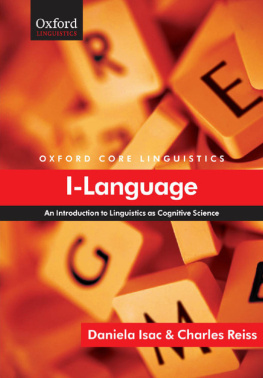
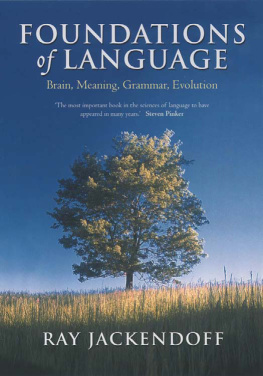
 New York
New York